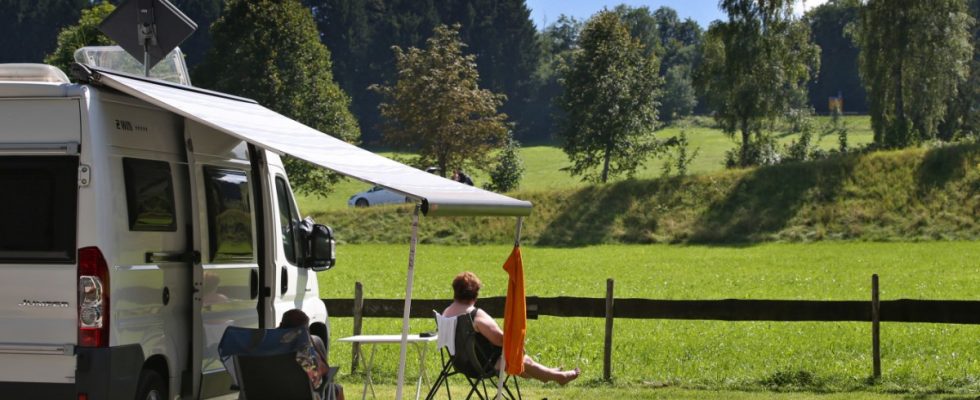More guests, more overnight stays – tourism in Bavaria increased noticeably in 2023 compared to the previous year. “We have exceeded the level of 2022 and are only just below the values of the record year 2019,” said Tourism Minister Michaela Kaniber (CSU) on Thursday. For the second time ever, the magical threshold of 100 million guest overnight stays has been exceeded. The number of overnight stays increased by 8.7 percent compared to 2022. The number of guest arrivals rose by 13.6 percent. In total, almost 39 million people traveled to Bavaria last year. This means that guests spent almost as much vacation in Bavaria last year as they did before the corona pandemic.
However, not all tourism businesses were able to benefit from the upswing. While interest in holiday homes and apartments as well as campsites rose sharply in some cases, things continued to decline for inns and guesthouses – with slightly fewer overnight stays than in 2022, when some Corona restrictions still applied at times. At campsites, however, the number of arrivals and overnight stays rose by a whopping 27.6 percent compared to 2019. In addition to the major cities of Munich, Nuremberg, Augsburg and Regensburg, Bad Füssing in Lower Bavaria, Oberstdorf and Füssen in the Allgäu, Bad Kissingen in Lower Franconia and Garmisch-Partenkirchen were particularly popular as places to stay overnight last year. The frontrunner was the state capital Munich, where one in six overnight stays was booked in Bavaria. However, the State Office for Statistics only recorded accommodations with at least ten beds or parking spaces.
Minister Kaniber criticized the federal government: “The problems in the industry are being ignored. The government is ignoring the needs of the companies.” Among other things, she called the expiry of the reduced sales tax rate on food in the catering industry a “cardinal mistake”. State politics, on the other hand, supports the industry; it is a mainstay of the local economy. An initiative for the congress industry is planned for this summer. When the CSU and Free Voters formed a government at the end of last year, Agriculture Minister Kaniber took over responsibility for tourism from Economics Minister Hubert Aiwanger (FW), who in return took over the areas of hunting and state forests from her.
Tourism once again triggered a coalition spat on Thursday – as has been the case recently in numerous matters. After a meeting of the economic committee in the state parliament, Aiwanger said in an interview with the BR when asked that he was not giving up on tourism completely, but that he was still responsible for funding decisions. And all in all, it is an advantage that “two ministers” in the state government are now taking care of the issue. The CSU economic politician and former construction minister Kerstin Schreyer was outraged by the two ministers’ thesis. Her colleague Kaniber is responsible, the departmental allocations are clearly regulated, she said – Aiwanger “has to stick to it”.

